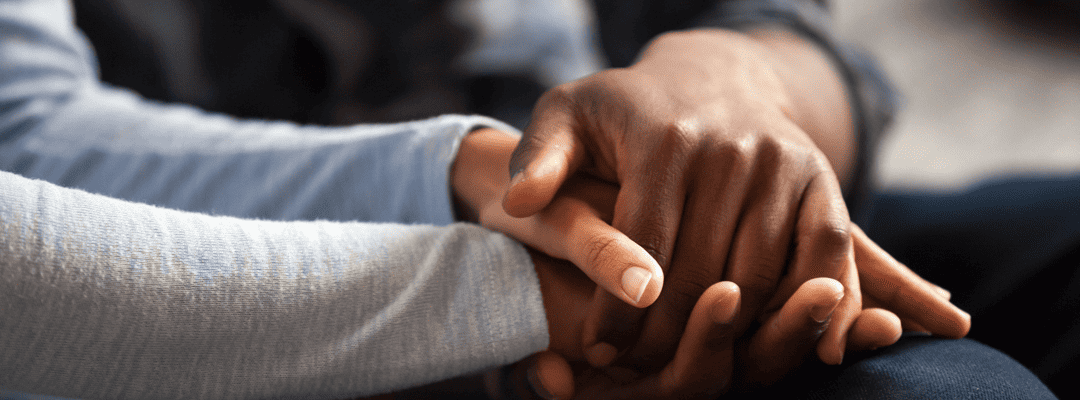
How to cope and stay connected when your child is stuck at school
It’s Friday at 5:30, the time I usually pick up my son at his residential house. I know he’s standing by the door waiting to get in the car and come home for the weekend like he usually does. He’s probably been at the door for a while already, hoping that we’ll get there soon. I feel guilty anyway when work goes late and I can’t pick him up until 6 or later, but this time it’s worse.
This time we can’t pick him up at all. He can’t come home for the weekend, and we can’t visit him in his house. He lives at a residential school for kids with significant intellectual disabilities and they have just shut down the family visiting. My heart hurts and I can only imagine what his feels like.
This is a different challenge than many of my friends have. Their kids are home all day, bouncing off walls and needing parents to suddenly become educators during the school closures. Fortunately, there are resources to help them, but it can’t be easy. I am so impressed at how well they are stepping up to the plate, but my problem is different. While they have kids home around the clock, I can’t be with my child at all.
I have to figure out how to cope. Here’s my plan so far:
#1: Positive thinking
I can look at the bright side: My weekends no longer run to a near-constant soundtrack of Gummy Bears playing on the iPad (remixed mercilessly at different speeds and in different languages.) The smell of diapers is gone from my house. I can watch a movie, clean the basement or catch up on work quietly without being dragged to the door for an urgently needed walk outside, a ride in the car or a trip on the subway.
The bright side is good, but it doesn’t make it much easier. It dims with the creeping knowledge that my son misses his family terribly and probably doesn’t understand why this is happening. It dims at bedtime when I can’t snuggle with him and show him how much I love him. For a non-verbal kid like my son, hugs are not only a way to connect or meet a sensory need, but a critical way to communicate.
#2: Staying connected
So I have to find a way to connect with him. Like make a point to FaceTime or Zoom more often. We are doing more of that, making sure he sees the faces of his family every day, even if he can’t talk to us. We now include other family members like his brother and grandma, who live out of town. That has helped. We are seeing more smiles now! I realize that, just like everyone else, we have to nurture these other ways to stay connected. Even if it’s harder, and even if it sometimes seems futile. Our next plan is to write a social story for him with pictures of us in our own lock-downs and written assurances that we love him. His staff, (who have been amazing!) can read it to him.
So it comes down to this: we can only do what we can do.
I miss him terribly, of course. But I take comfort in each smile we get. I still worry about the hugs, but I know that we can get through this and get to a day when the hugs will be possible again.




